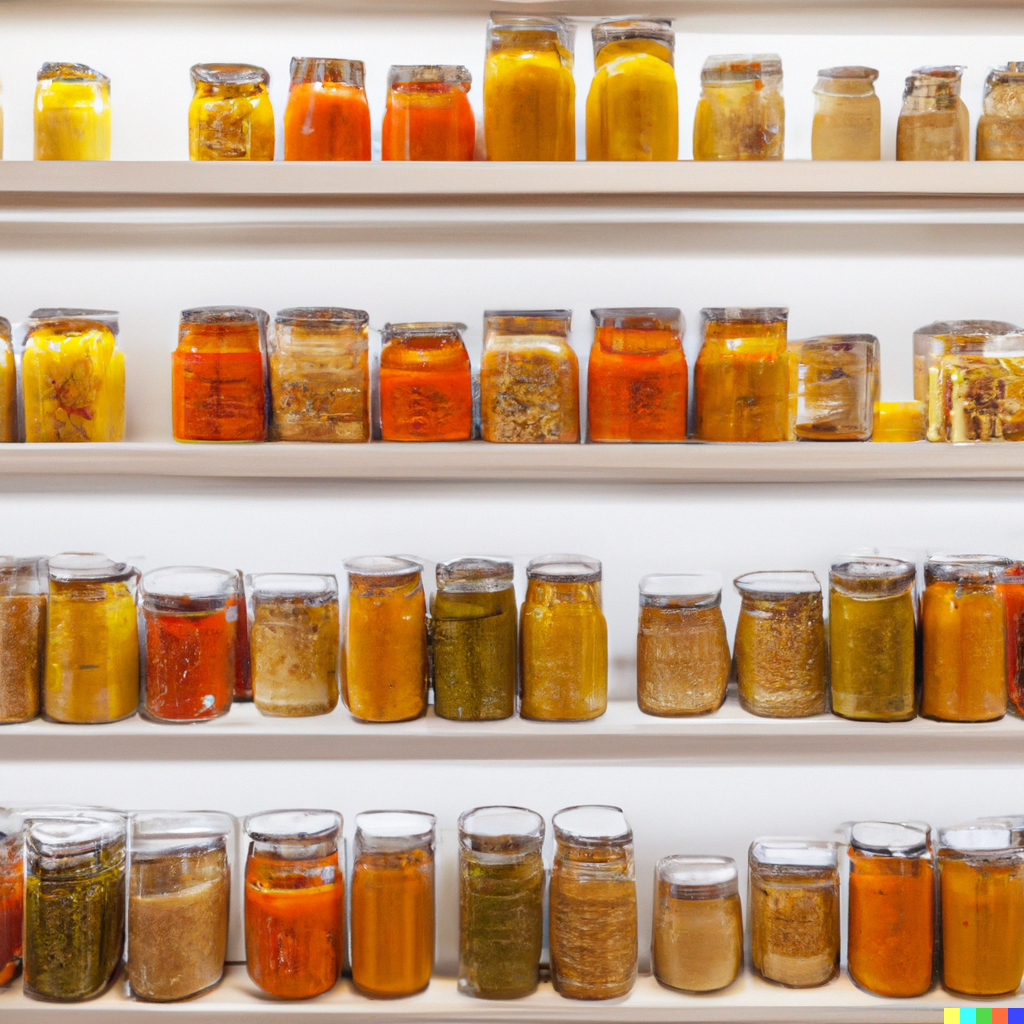Understanding food sustainability is key to reducing food waste and saving money. Here are some general tips:
- Understand Date Labels: ”Best Before” doesn’t mean the food goes bad afterward. It indicates the manufacturer’s estimate of peak quality. ”Use By” dates should be respected for more sensitive foods like meat or fish.
- Proper Storage: Storing food correctly can extend its shelf life. Refrigerate perishables at the right temperature and keep dry goods in a cool, dark, dry place.
- Use Your Senses: Trust your sight, smell, and taste to judge if food is still edible. If there are no signs of spoilage or bad odors, it might still be good.
- Meal Planning: Having a shopping list based on meal plans helps buy exactly what you need and reduces the risk of excess or forgotten food items.
- Freezing: Freezing food can prolong the shelf life of many items from bread and vegetables to leftovers.
- Reassess Portions: Serving or cooking smaller portions can help reduce food waste.
- Rotation: Follow the ”First In, First Out” (FIFO) principle when storing food to ensure older items are used first.

